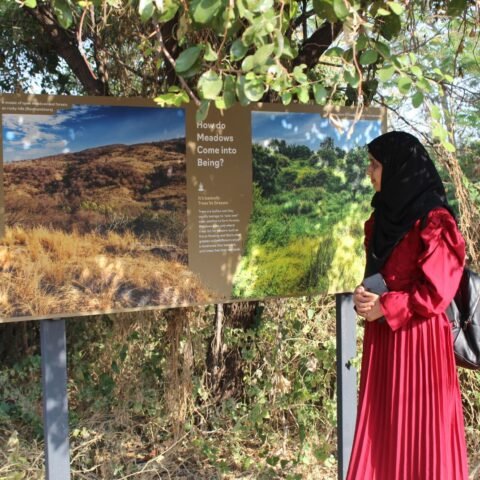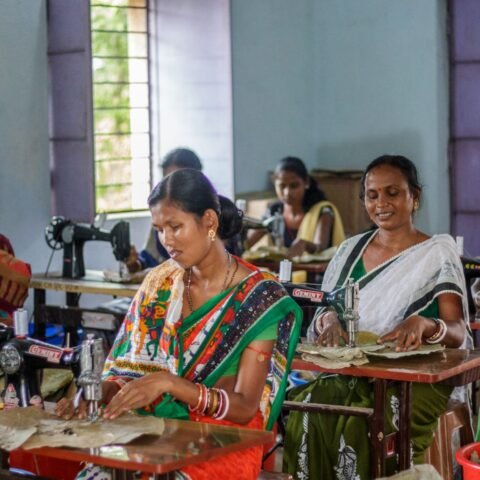
CLIMATE
ACTION

Rationale
Climate change poses significant threats to the biocultural diversity of various regions. The concept of biocultural diversity emphasizes the dynamic interplay between nature and humans in a specific region. It differs from the concept of biodiversity with its species conservation-oriented approach in that it includes local people and their interrelationship with nature.
Climate change disrupts this interrelationship, leading to a cascade of negative consequences. These include loss of traditional ecological knowledge possessed by the local communities, including sustainable resource management practices and medicinal plant uses. Climate change-induced shifts in the ecosystem can render this traditional knowledge obsolete. Many cultural practices and traditions are intimately linked to specific ecosystems and their resources. Climate change can alter the availability of these resources, making it impossible to carry out traditional activities such as fishing or agriculture. This can lead to the loss of cultural identity, social cohesion, and traditional livelihoods. Climate change-induced events like sea-level rise, droughts, floods, and extreme adverse weather events can force communities to relocate, leading to the loss of their ancestral and traditional territories, and cultural heritage. Climate change is also a major driver of biodiversity loss. This loss of biodiversity not only has ecological consequences but also cultural ones, as many cultures have deep spiritual and symbolic connections to specific plants and animals. Finally, climate change increases the risk of diseases and disrupts traditional food systems, leading to food insecurity and malnutrition.
Strategic
focus
Conservation and promotion of biocultural diversity is essential for ensuring the sustainable use of natural resources while preserving cultural heritage. Livelihoods and enterprises, if not intrinsically linked to the local biodiversity, will be unsustainable and can lead to its displacement by alternative uses, such as monoculture cropping.
Our interventions in this focus area will align with the principles of sustainable development, and will respect the rights and knowledge of indigenous communities, while appreciating the gendered impacts of climate change and loss of biocultural diversity.
Current Projects





